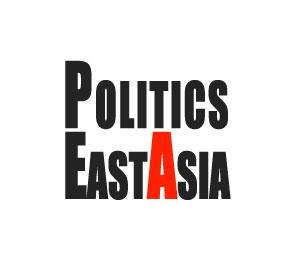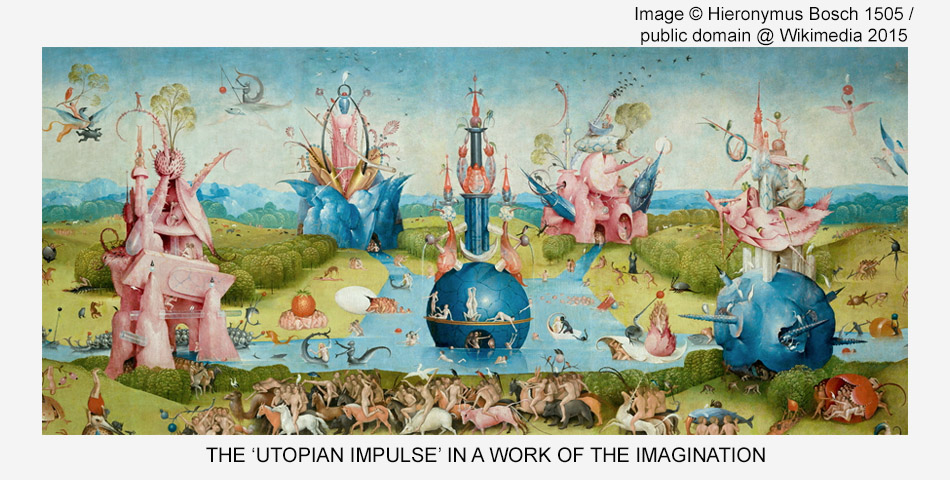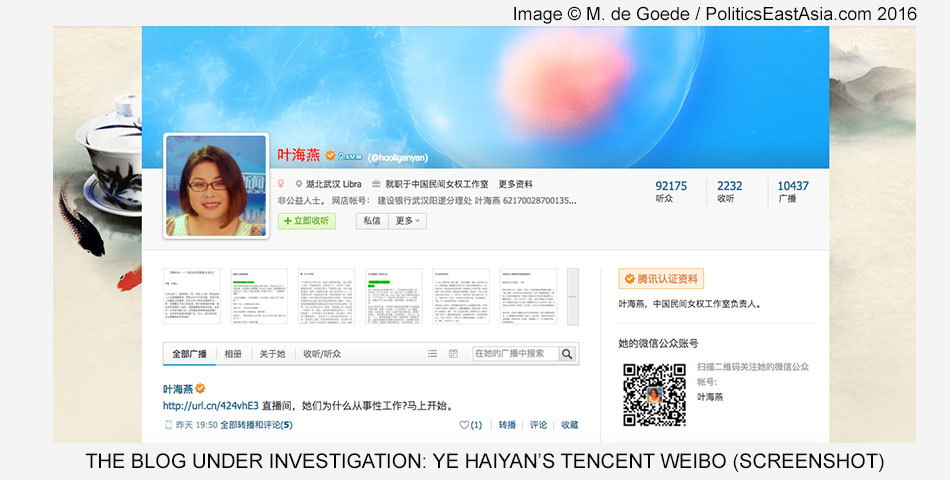Works of the Imagination in Chinese Blogs
A graduate research post by Mariëlle de Goede.
“What is most striking about Chinese online communities is not their practical and utilitarian functions, which are numerous, but how they nurture moral sentiments. Like any utopia, this utopian impulse is a critique of the present and a yearning for a better world. [… ] Under the conditions of displacement, online communities become a space for reorientation. They are where people extent their ‘work of the imagination’ […].” (Yang, 2009, p. 156)
In his pivotal work on Chinese online activism, The Power of the Internet in China, Yang (2009) explores the internet as an area of cultural expansion, where counter-movements are able to take shape and where netizens – ‘online citizens’ – are working towards ‘unofficial democracy’. He argues Chinese cyberspace is democratic in nature because it has become a grassroots experiment of citizen participation, where Chinese people struggle ‘for freedom, justice, and community’ (Yang 2009: 225). While the book has received justified criticism for overemphasizing the extent to which the internet has empowered citizens to strive for a democratic society (see, for example, Hong & Wang 2011), as well as underemphasizing the extent to which the internet is subject to government control (see, for example, Schneider 2016), his book has nevertheless informed lively discussions on online activism in China and offers some interesting insights which deserve due consideration.
The ‘Utopian Impulse’ in Virtual Communities
One such idea is Yang’s notion of Chinese blogs as ‘works of the imagination’ (Yang 2009), an idea informed by Giddens’ (1990) notion of ‘utopian realism’ and Jameson’s (2005) notion of the ‘utopian impulse’. According to Giddens, utopian realism constitutes a style of thought which helps us ‘envisage alternative futures whose very propagation might help them be realised’ (Giddens 1990: 154), while Jameson’s ‘utopian impulse’ moves people to build community and undertake moral action. Linking these ideas to Chinese cyberspace, Yang argues online communities and blogs often reflect this utopian realism, while being the outcome of the utopian impulse. This way, these online practices become spaces for community building and moral exploration.
In discussing virtual communities, Yang also points out how little research has investigated what role these online spaces play in allowing internet users to express their identity as well as their moral sentiments. Additionally, he critiques other research for ignoring the ‘connections to the broader patterns of contemporary life’ (Yang 2009: 212). I believe these are valid concerns that do demand attention. However, in discussing these concerns, Yang conflates blogs and online communities (as can be seen in the quote above this blog post) while, arguably, not every blog is an online community and not every online community is a blog. Therefore, to determine to what extent blogs may indeed constitute an online community, it is imperative to explore how community building takes place on blogs.
Identity and Morality in Chinese Cyberspace: Ye Haiyan
Given these insights and ideas, I intend to investigate how Chinese blogs may become ‘works of the imagination’ for one of my graduate research papers. In doing so, I will examine how a blog may function as a space where people negotiate ideas of identity and morality. Simultaneously, I will attend to how such blogs may (attempt to) create an online community. Needless to say, these are complex and difficult questions to thoroughly examine in a small research project. I will therefore conduct a discourse analysis of a single blog as a case study. While such a case study may not provide definitive answers, it may nevertheless be able to shed some light on how ideas about identity, morality, and community-building are expressed through language.
The blog that I intend to study is Ye Haiyan’s Tencent Weibo. Ye – also known under the pseudonym Hooligan Sparrow – is a prominent women’s rights activist and has over 92.000 followers on her blog. As the theory under examination is first and foremost one of online activism, I have decided to study an activist’s blog (if Yang’s theory is demonstrated to be valid in this context, the study of blogs as ‘works of the imagination’ could be extended in the future to include non-activist blogs). Moreover, having previously conducted a brief pilot study, this blog has proven to be suitable for this type of discourse analysis as the blog entries regularly touch upon issues of identity and morality. The discourse analysis will thus be an analysis of discourse strands – ‘themes’ – in the text (Jäger 2004, as quoted in Schneider 2013). By conducting a discourse analysis of blog entries, I aim to investigate if the blog’s discourse is indeed motivated by a utopian impulse and creates a ‘work of the imagination’. This way, I also hope to be able to examine how these various themes are interrelated – something on which Yang has remained silent.
Lastly, I would like to include a final note on conducting a discourse analysis using Chinese language sources, as a discourse analysis of an East Asian language – which requires translation – can be particularly challenging. To illustrate how ideas about identity and morality are discussed in the texts, I will have to provide translations of such passages in the texts, which is likely to affect how the original syntax is displayed. However, this being an analysis of specific discourse strands, I do not believe it to be crucial to correctly display certain grammar structures (although, where necessary, I will attempt to reflect important linguistic features in the translation, or add a note).
Overall, by conducting this study, I hope to show to what extent Chinese (activist) blogs may be ‘works of the imagination’ (or, to what extent they are not) and provide a critical analysis of some of Yang’s ideas.
References
Giddens, Anthony (1990), The Consequences of Modernity. Cambridge: Polity Press.
Hong, Junhao & Wang, Xuying (2011), ‘The Power of the Internet in China: Citizen Activism Online’. The Journal of Asian Studies, 70(2), 549-550.
Jameson, Fredric (2005), Archaeologies of the Future: The Desire Called Utopia and other Science Fictions. London: Verso.
Schneider, Florian (2013, May 6), ‘Setting up a Discourse Analysis‘. PoliticsEastAsia.com.
Schneider, Florian (2016), ‘China’s “Info-Web”: How Beijing Governs Online Political Communication about Japan’. New Media & Society, 18(11), 2664-2684.
Yang, Guobin (2009), The Power of the Internet in China: Citizen Activism Online. New York: Columbia University Press.
Share This Post, Choose Your Platform!
One Comment
Comments are closed.




You’ll have to let us know what you learn. This is an exciting project. I’m also looking forward to hearing what you make of Fredric Jameson and his ‘desire called utopia’. I find him inspiring, conceptually, though I have to admit: I found much of that book to be nearly impenetrable…